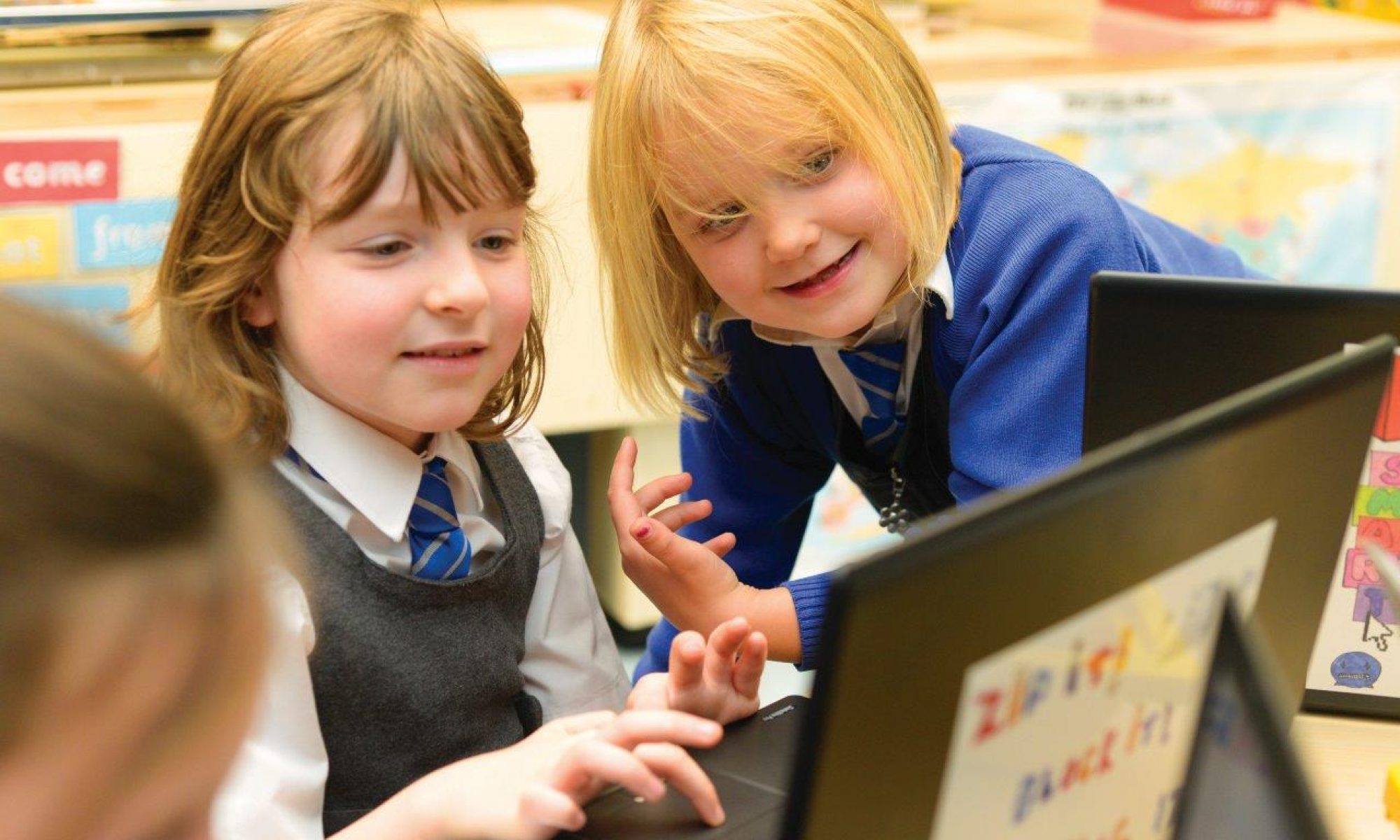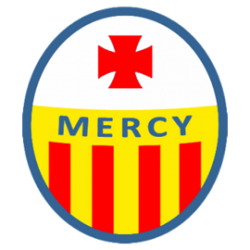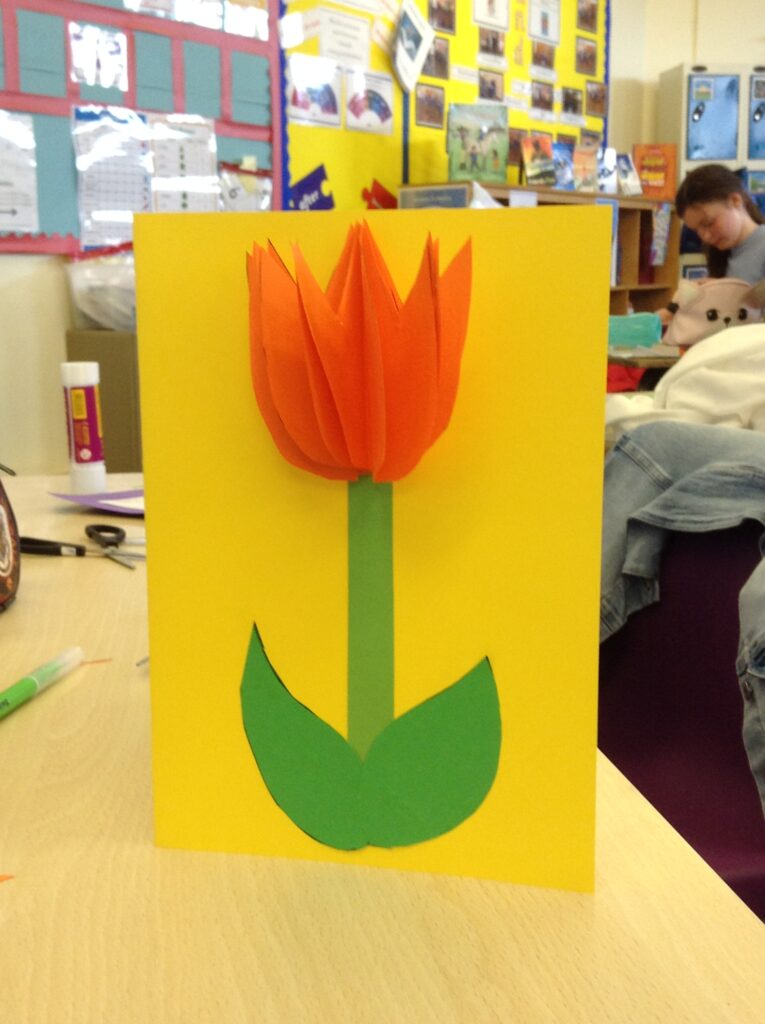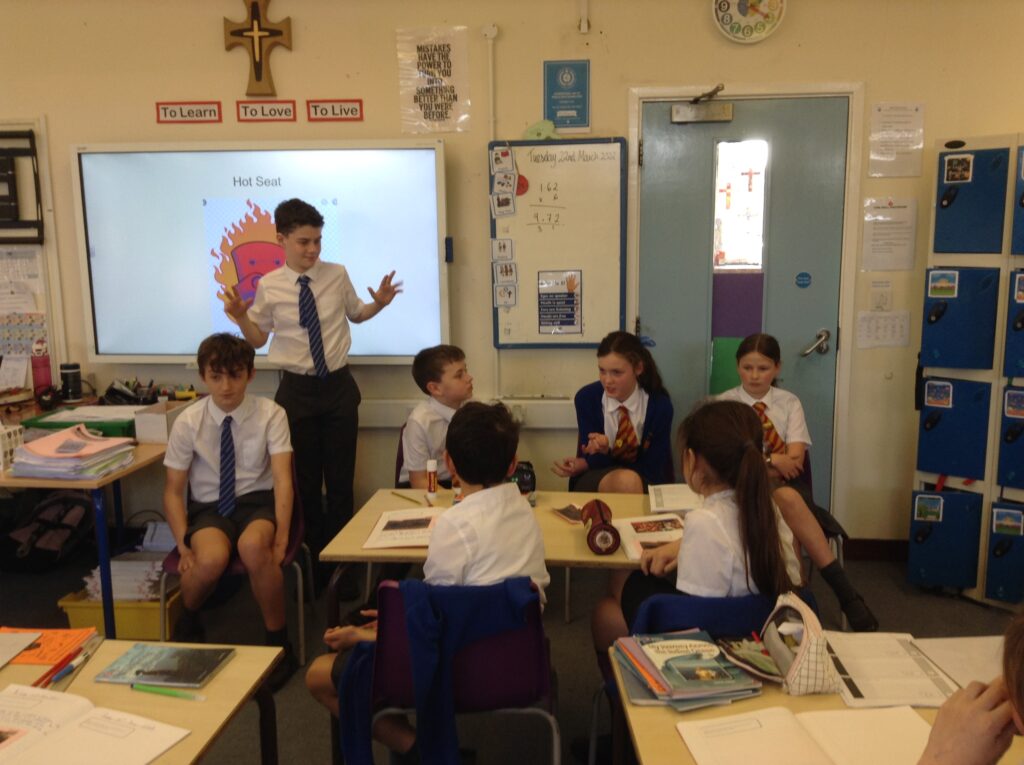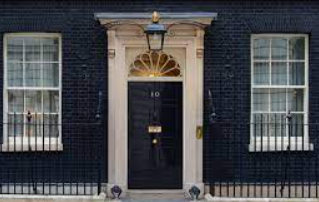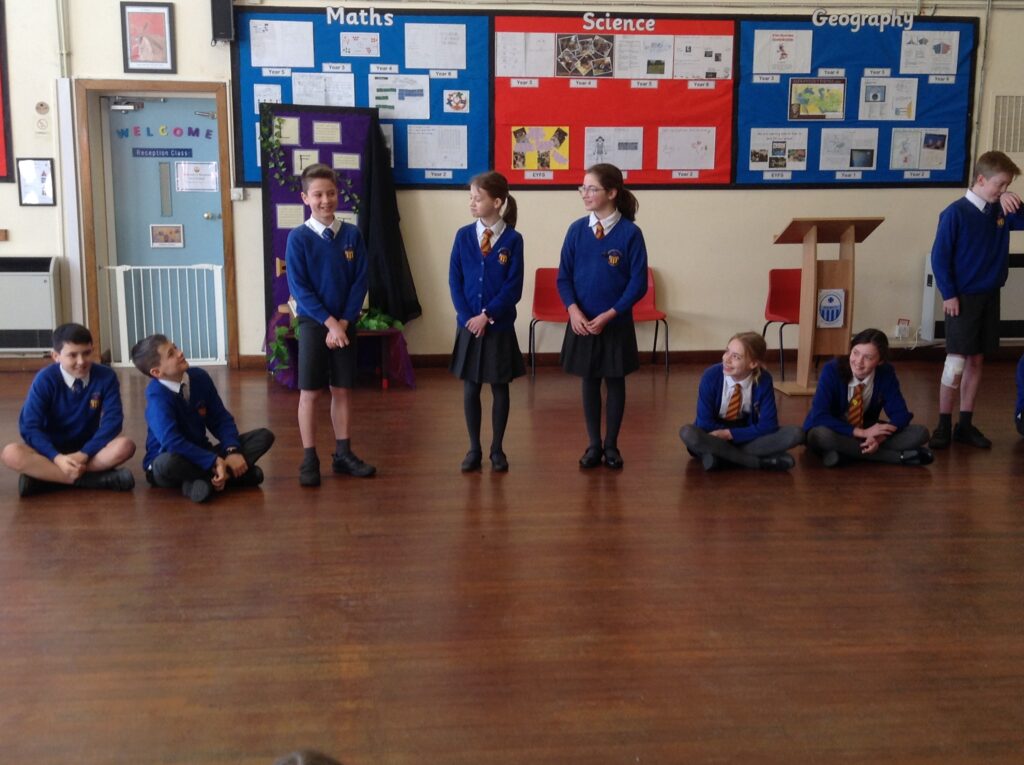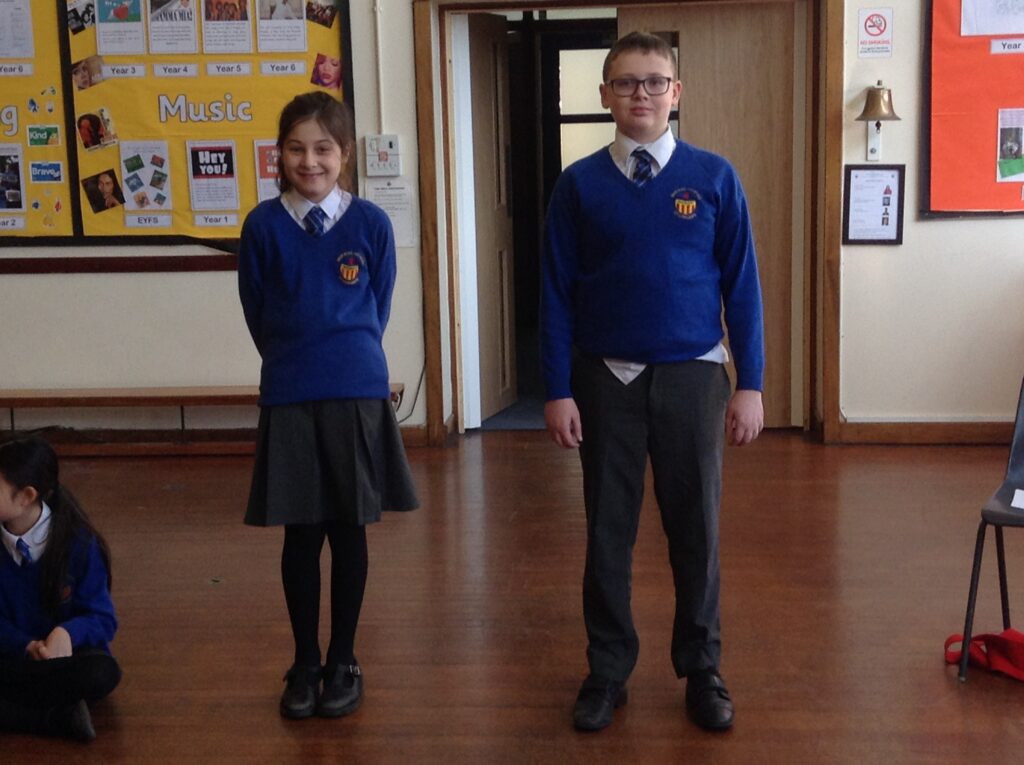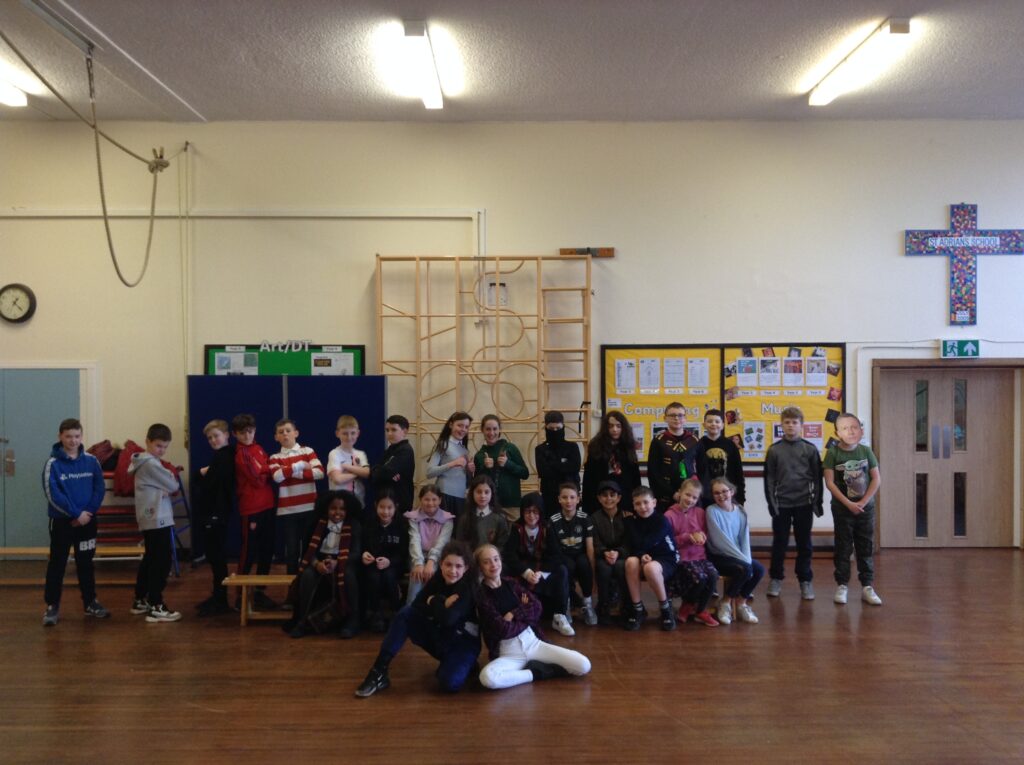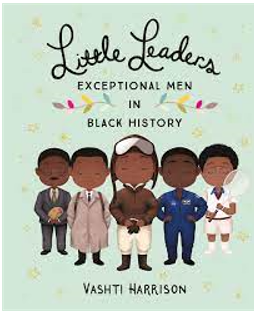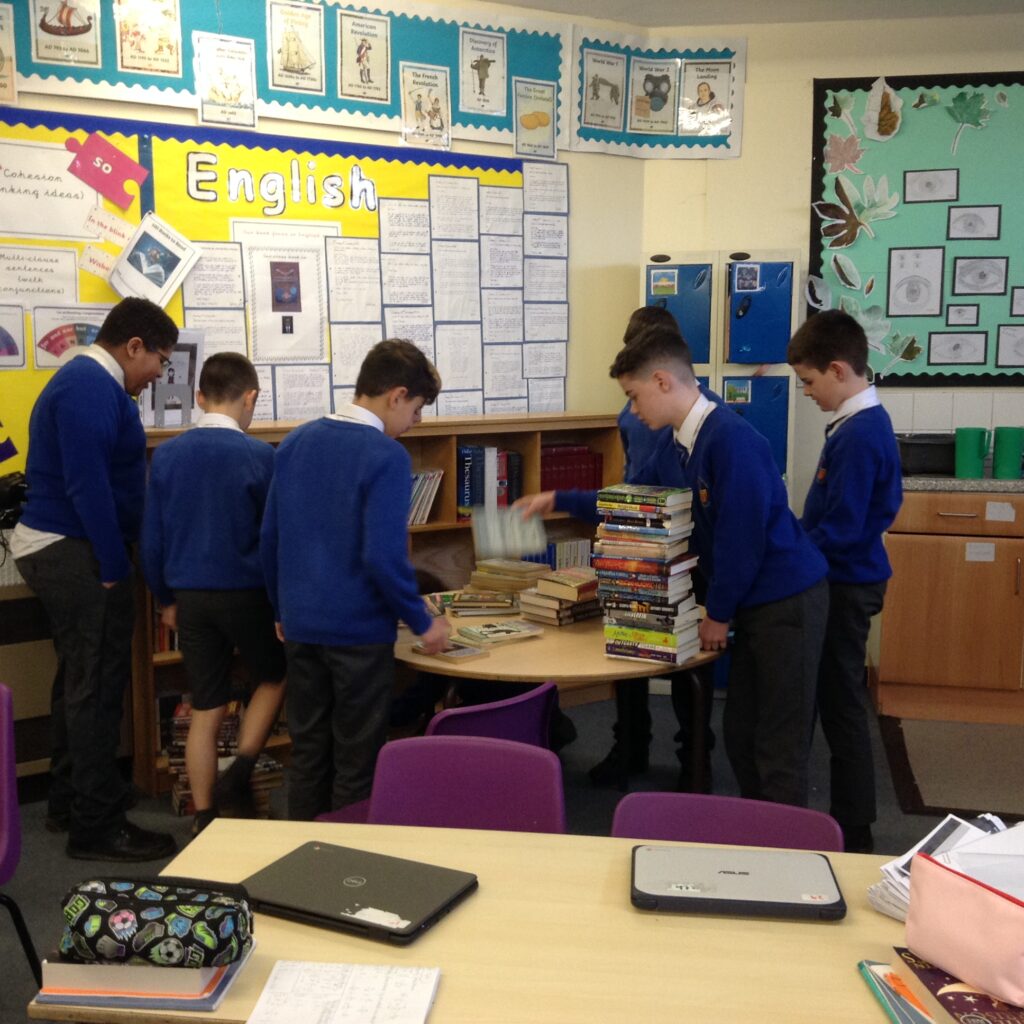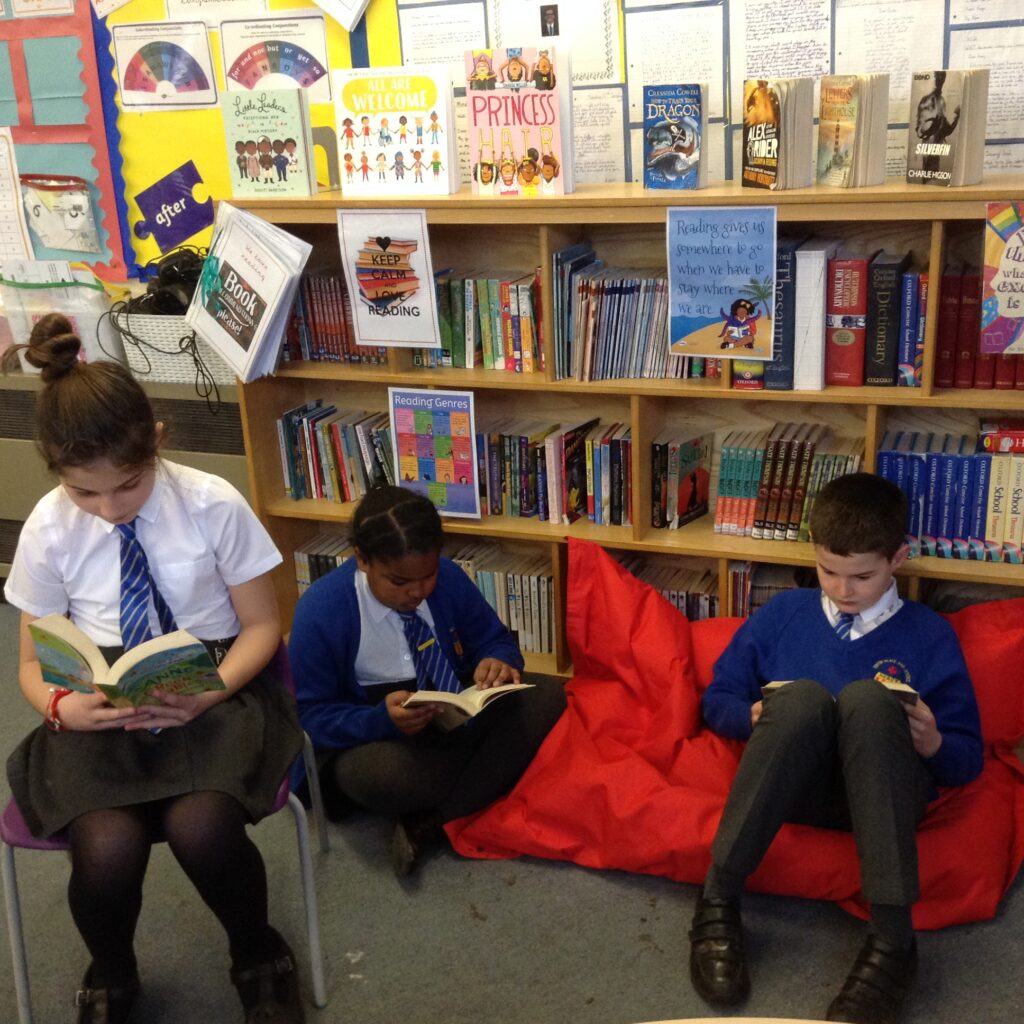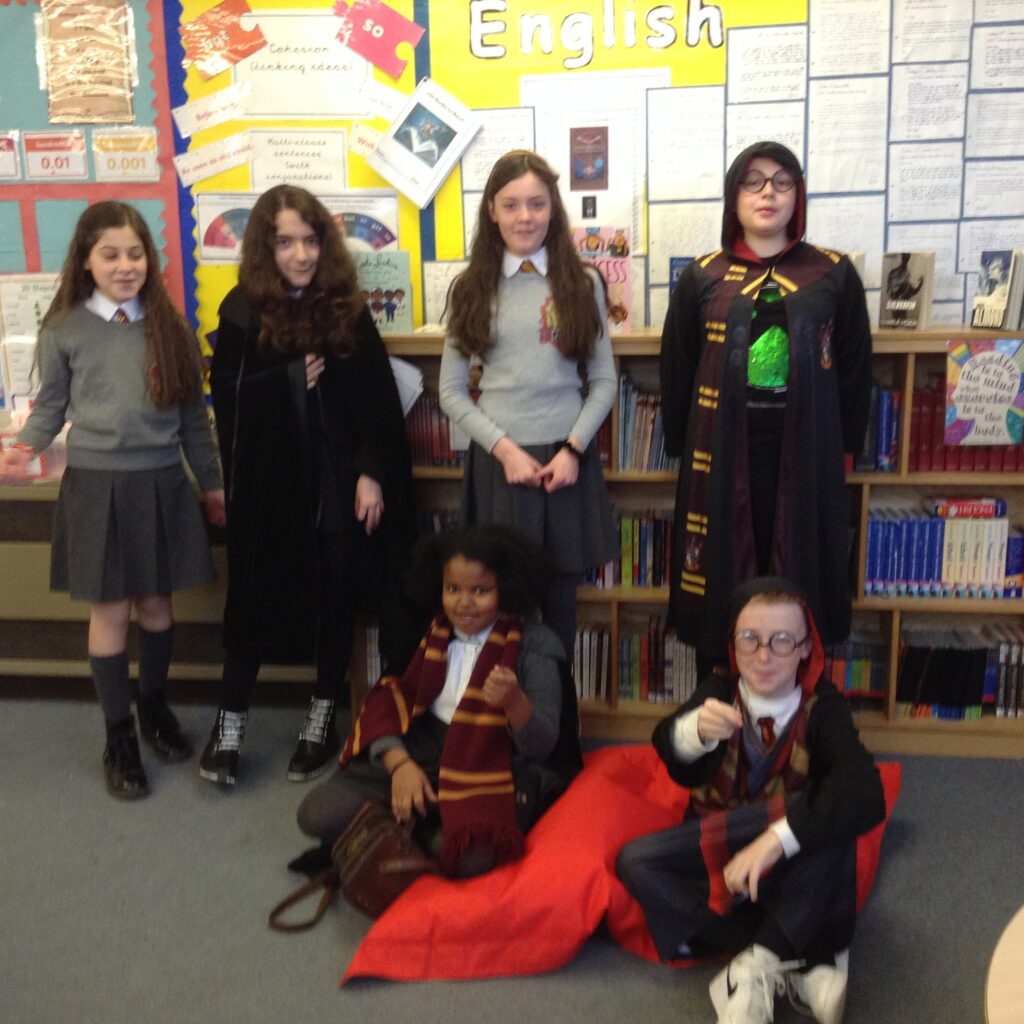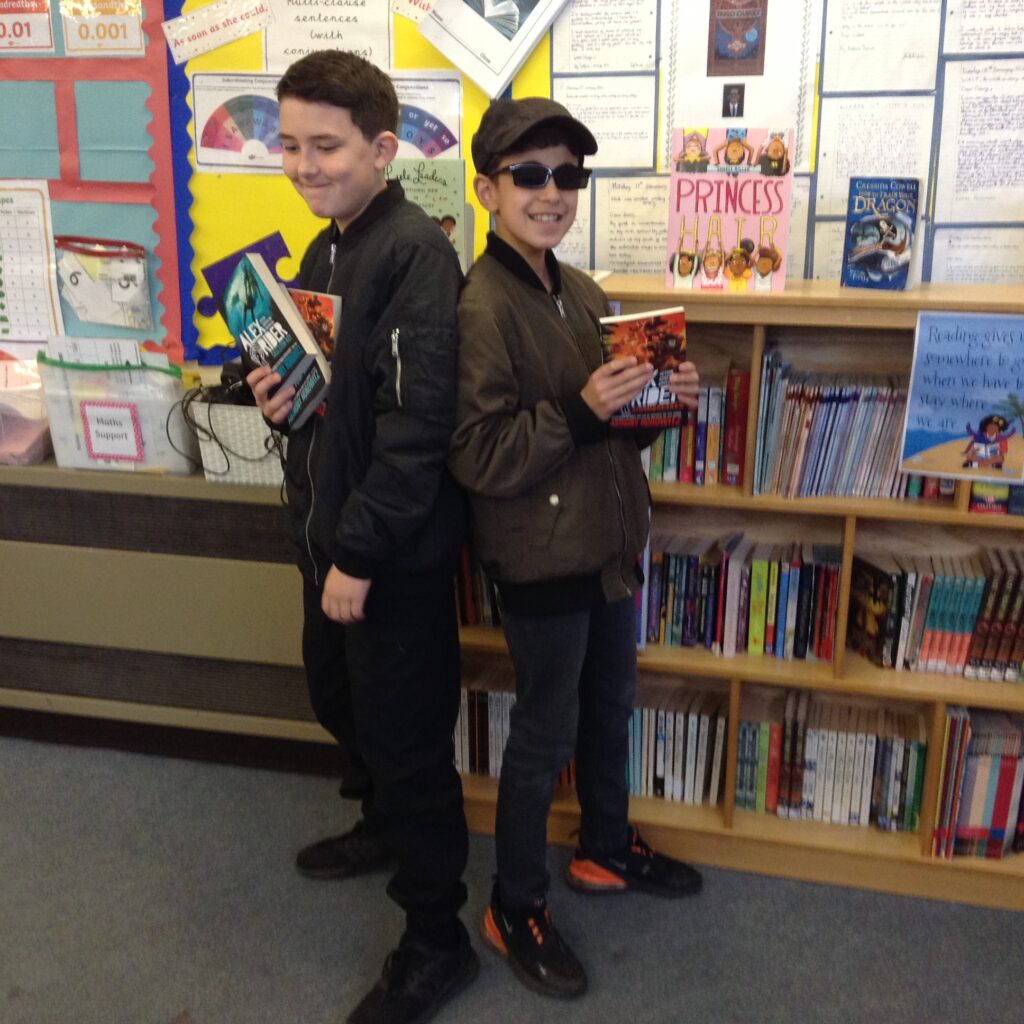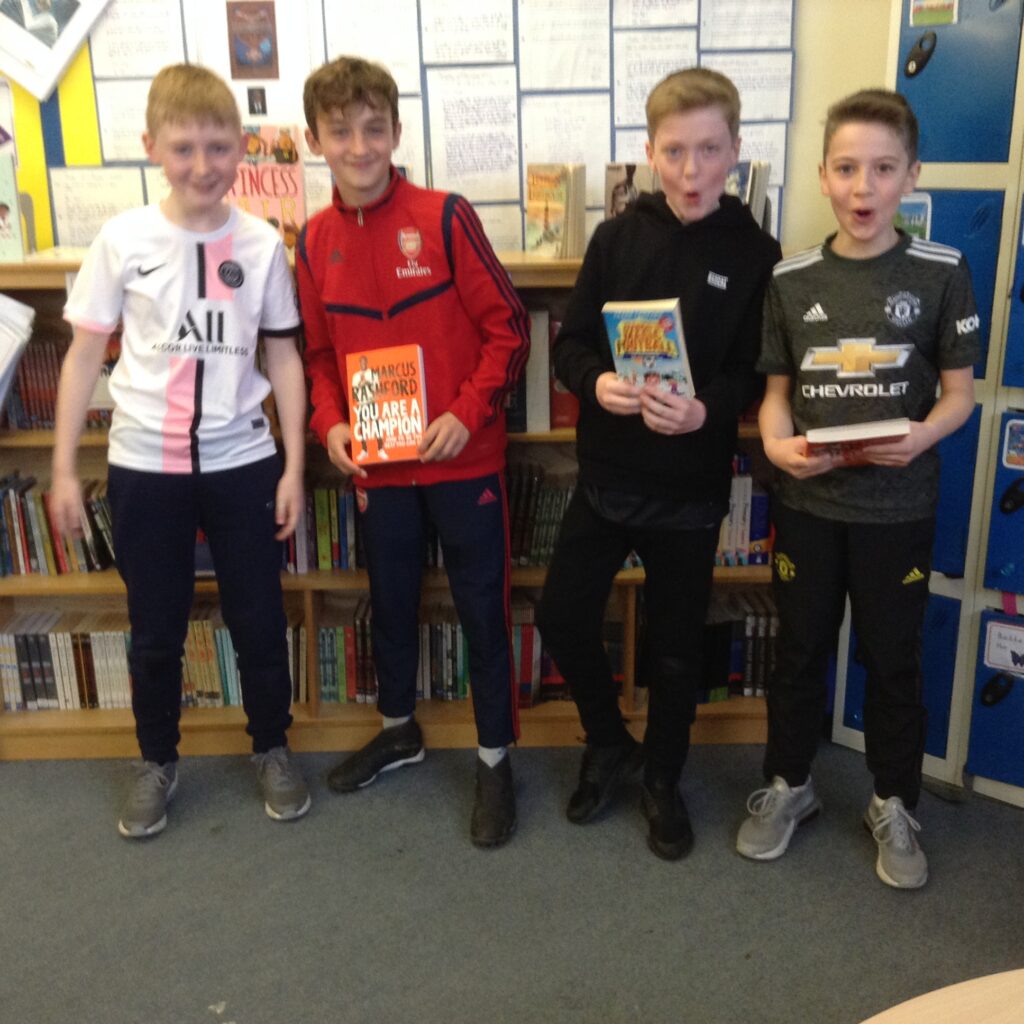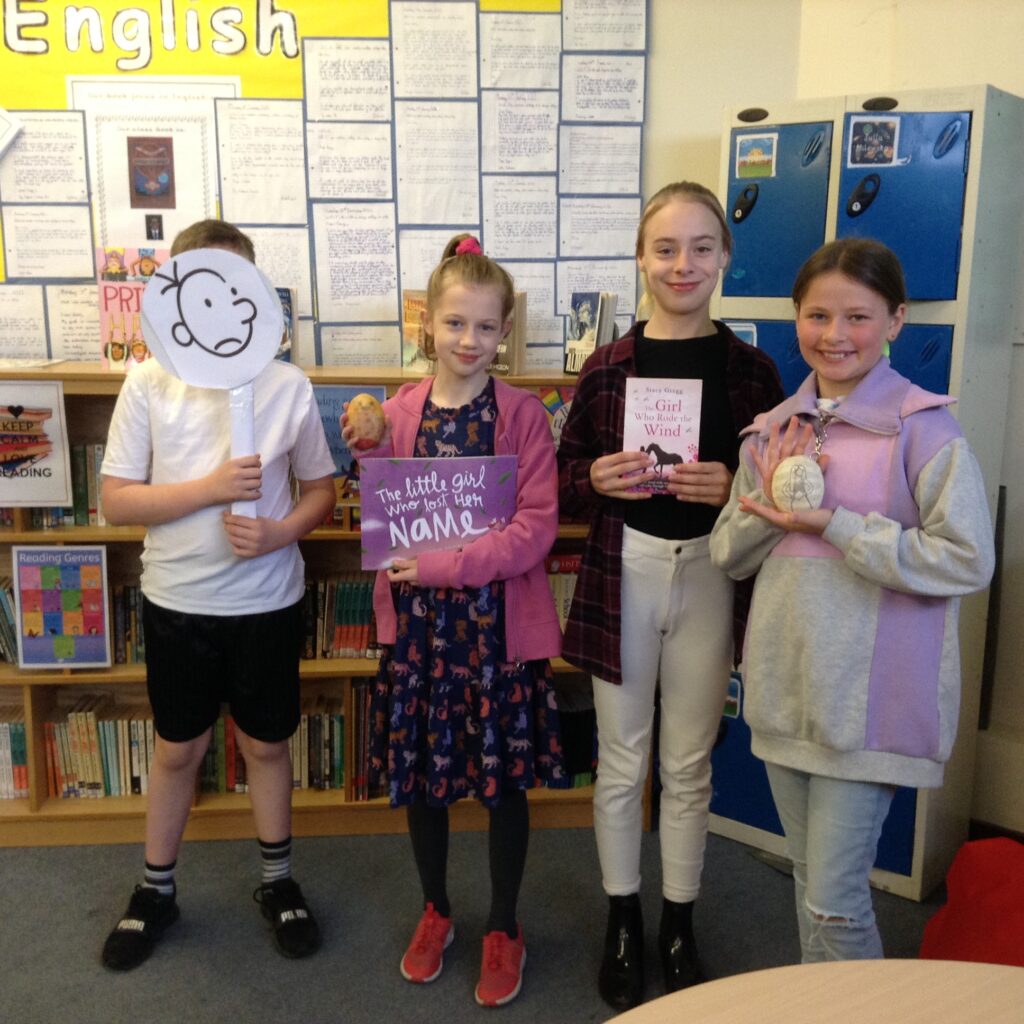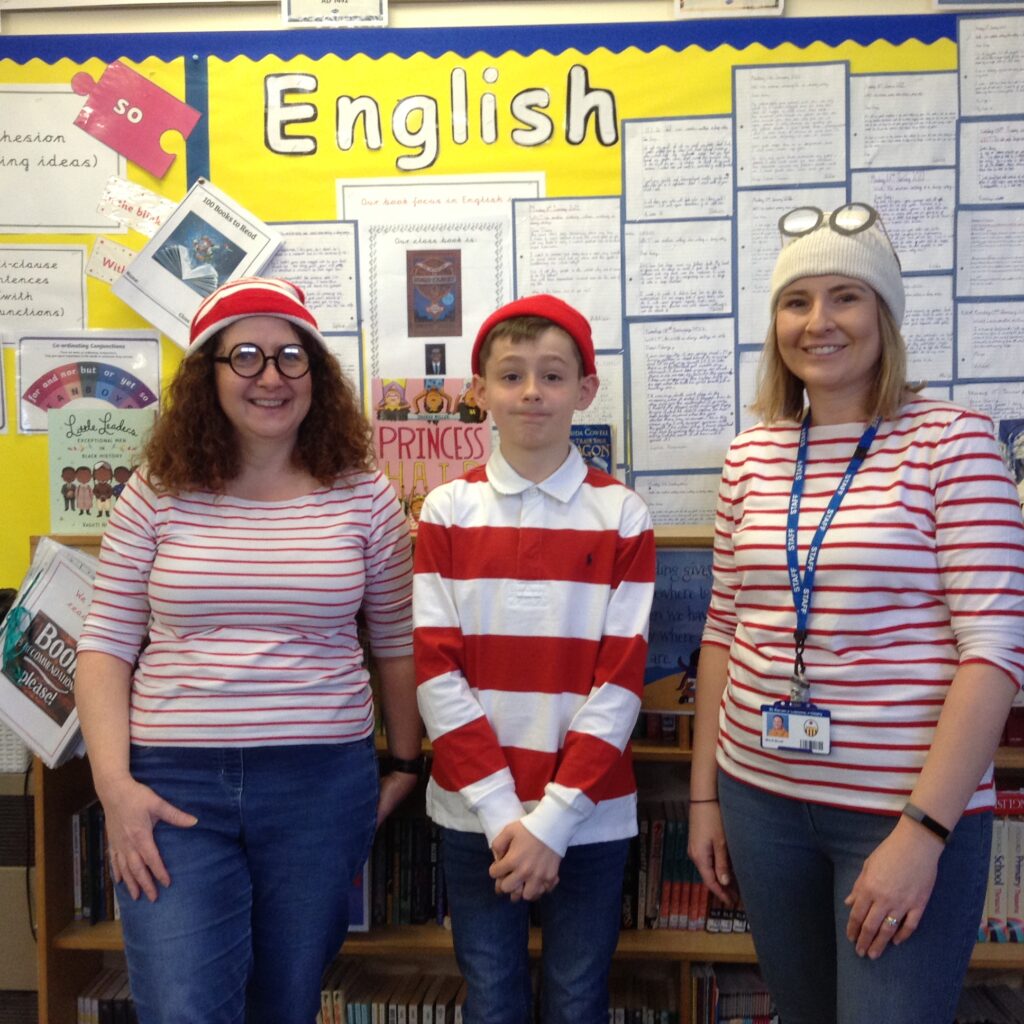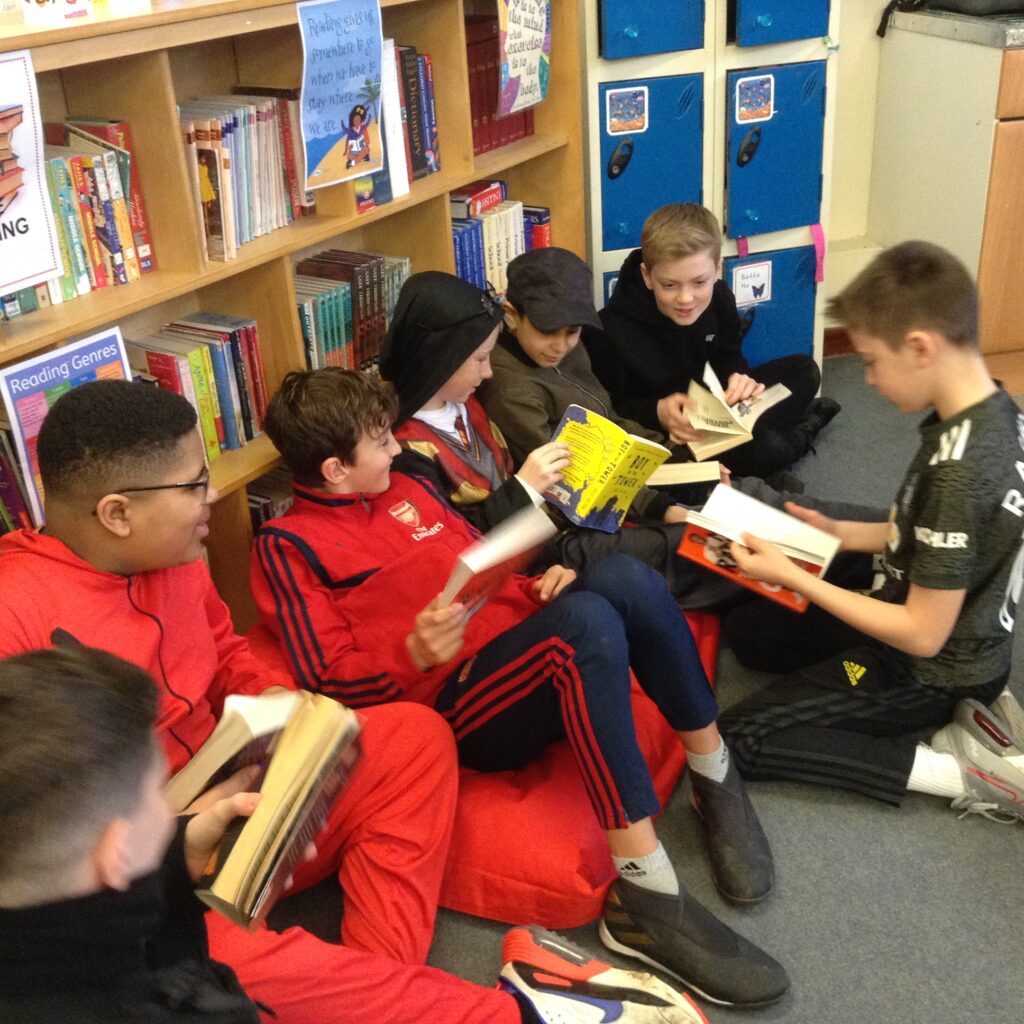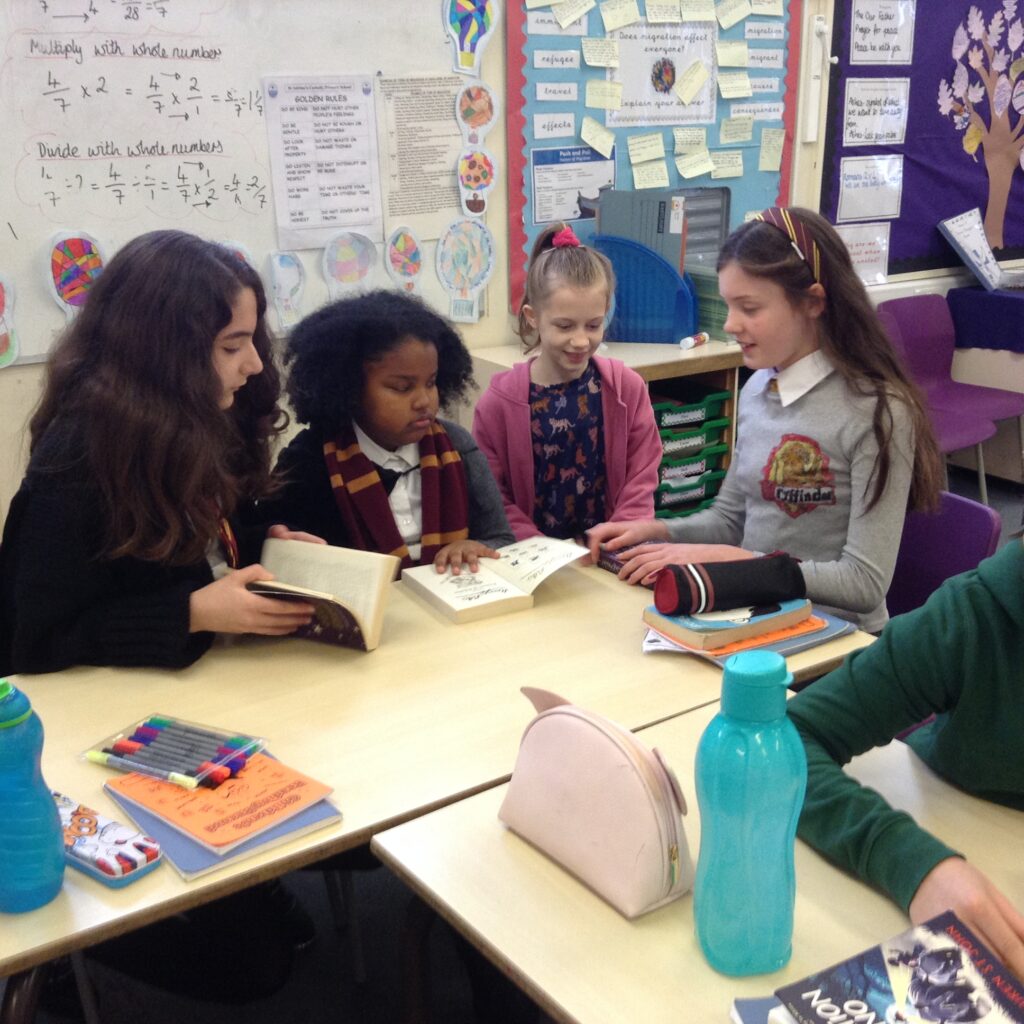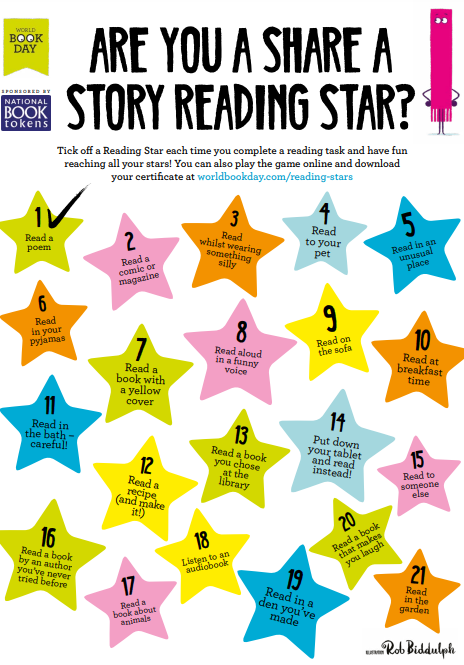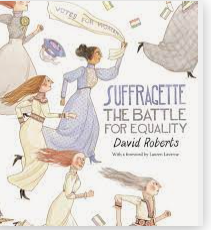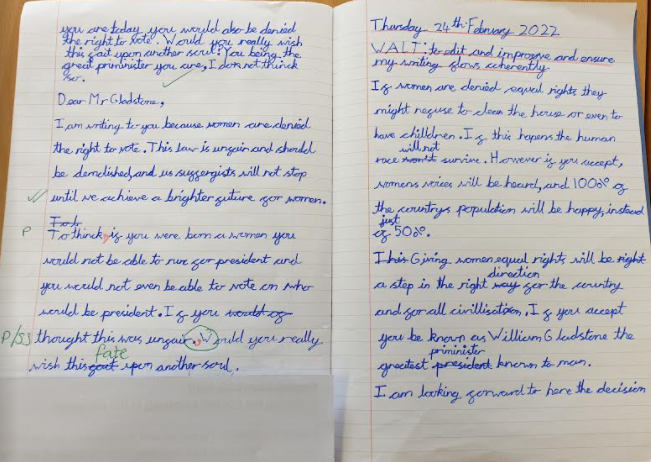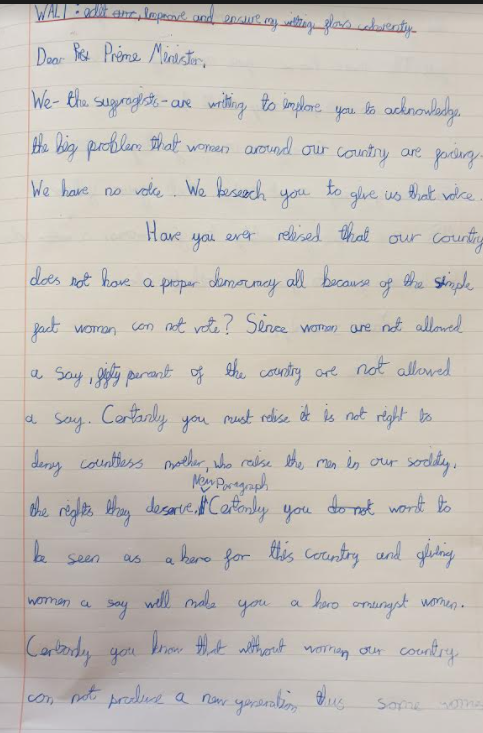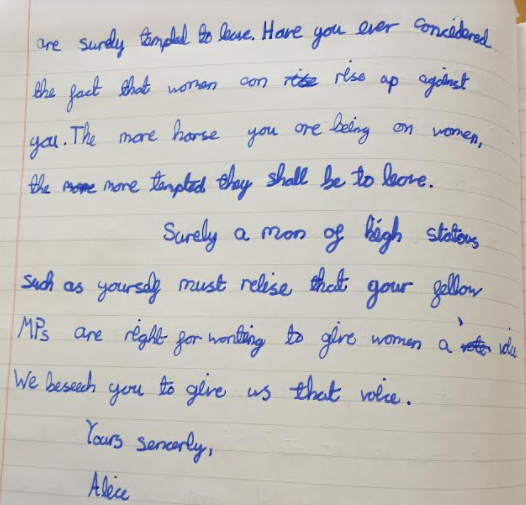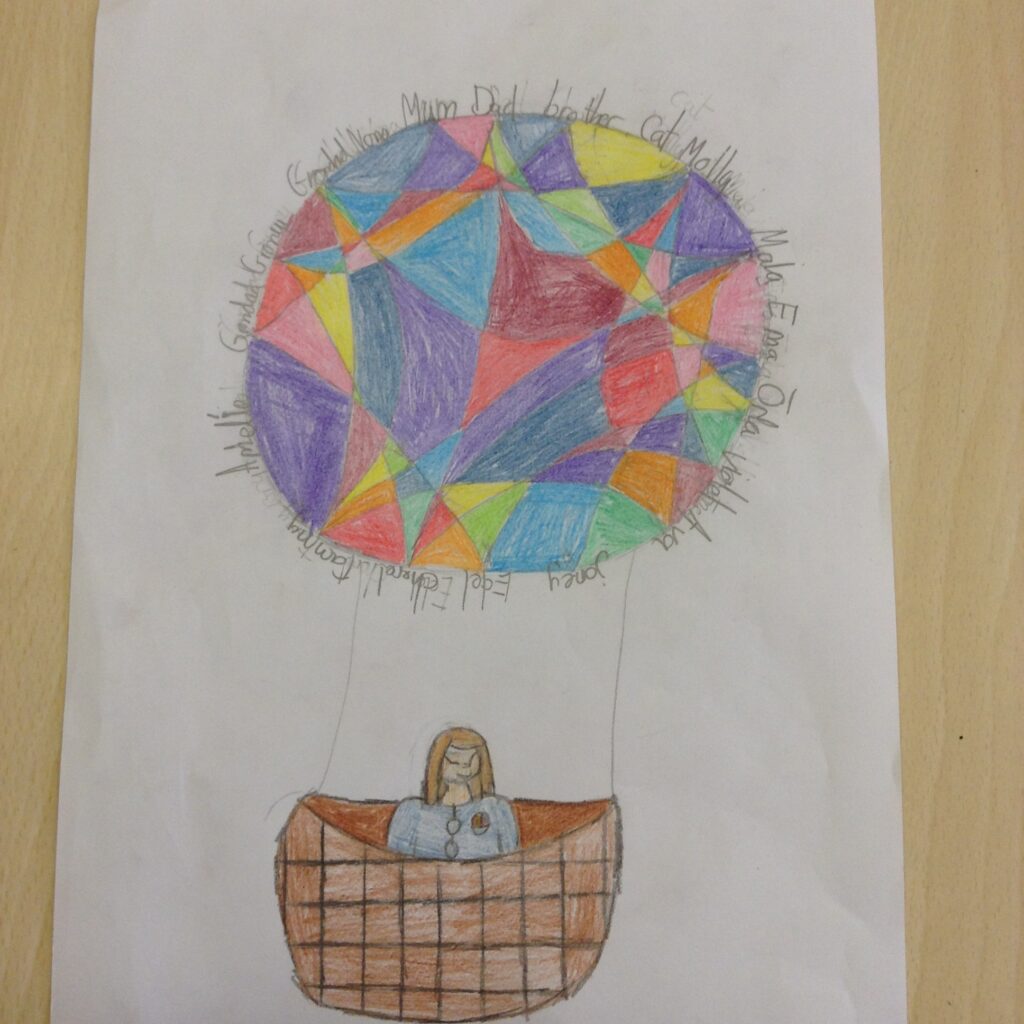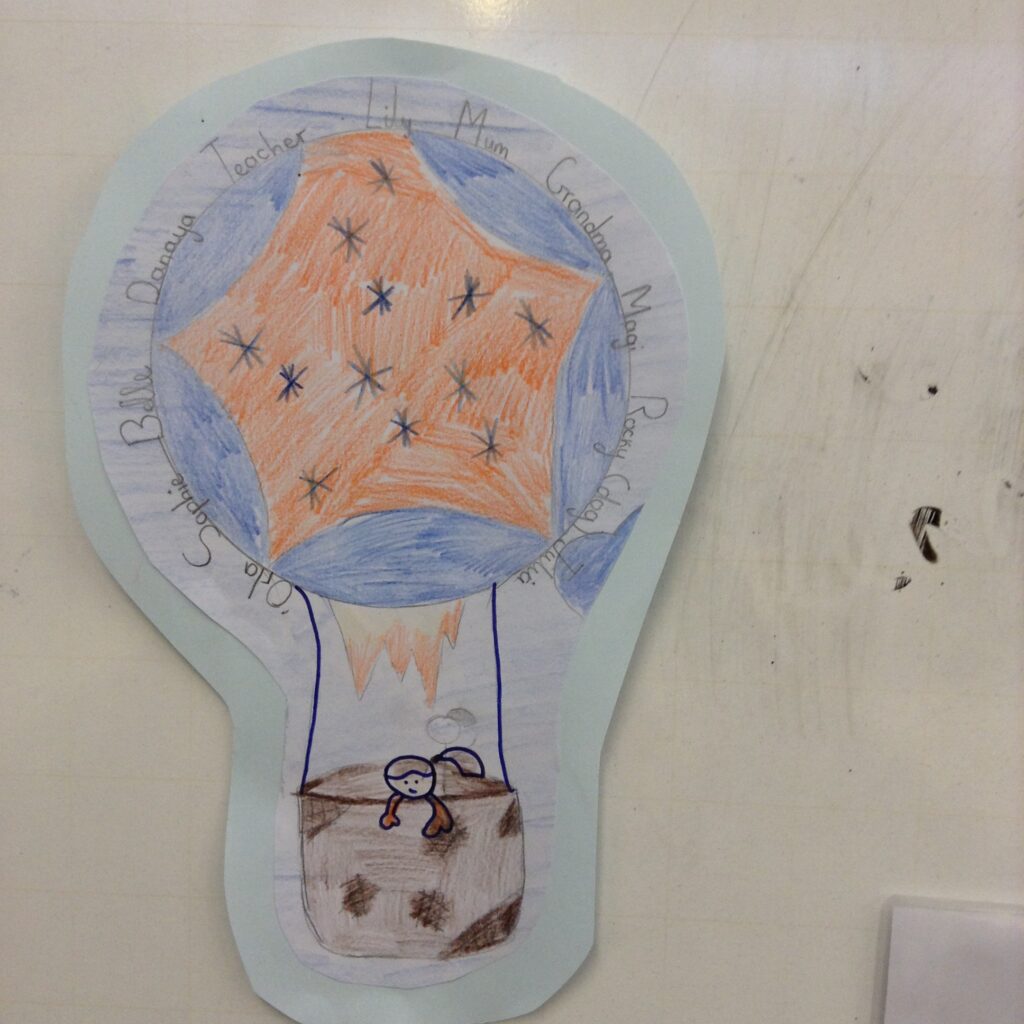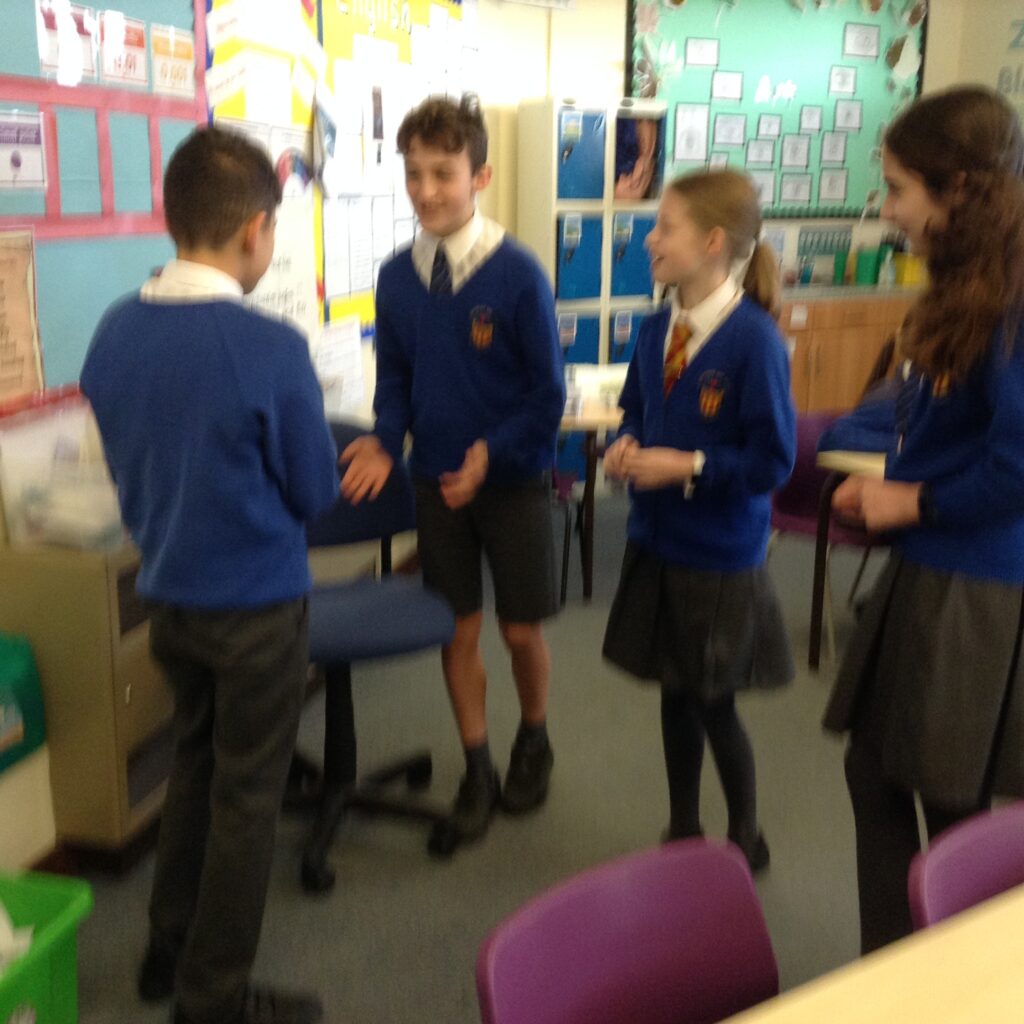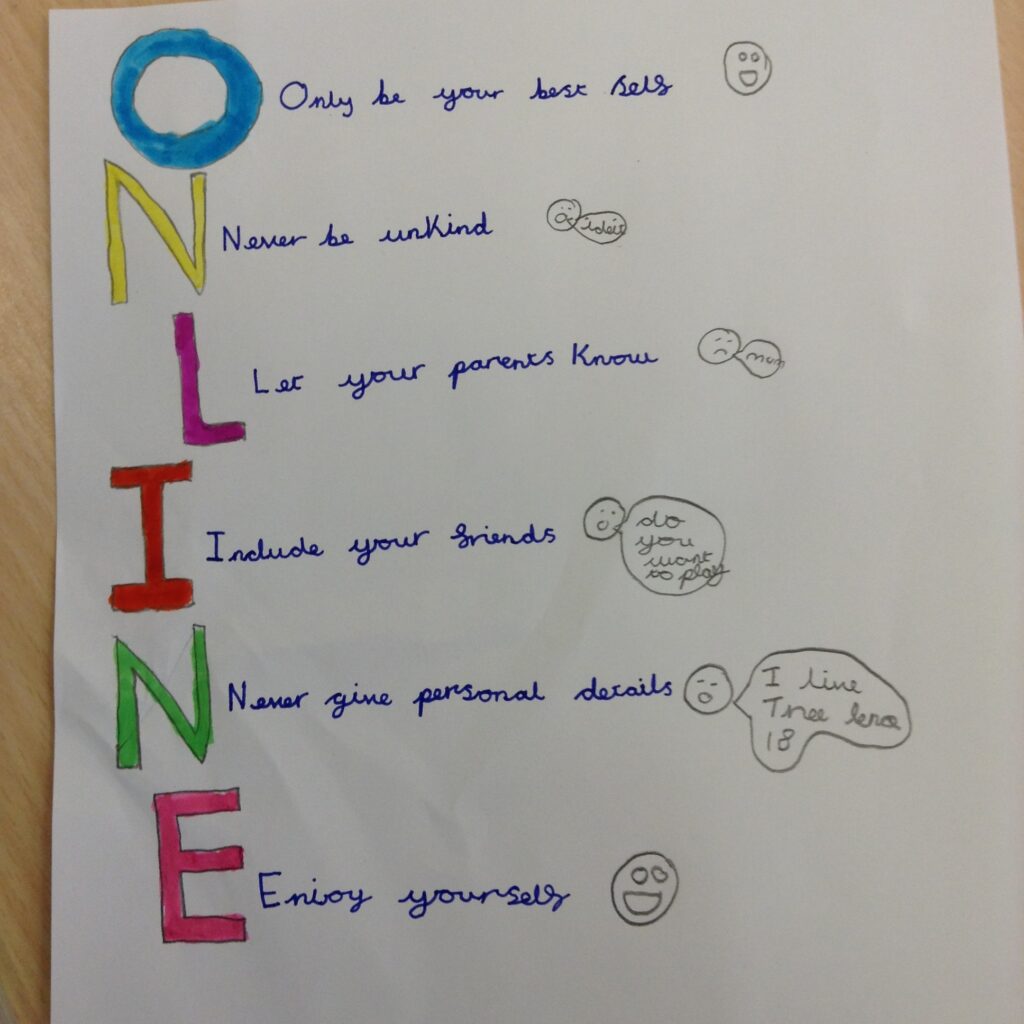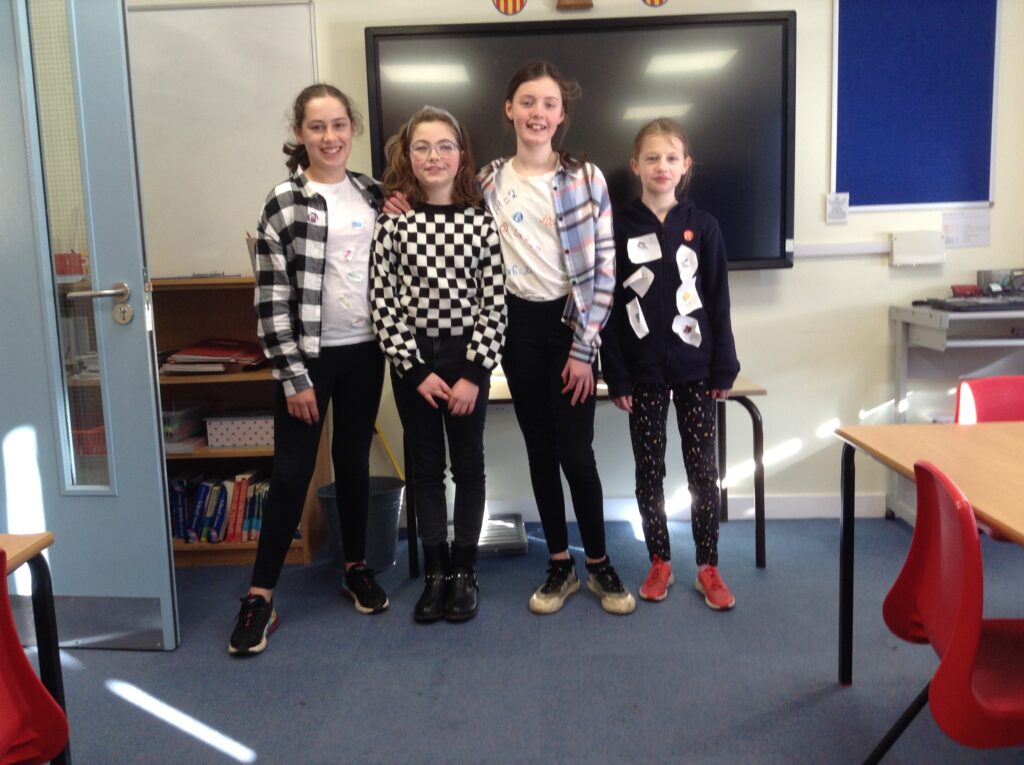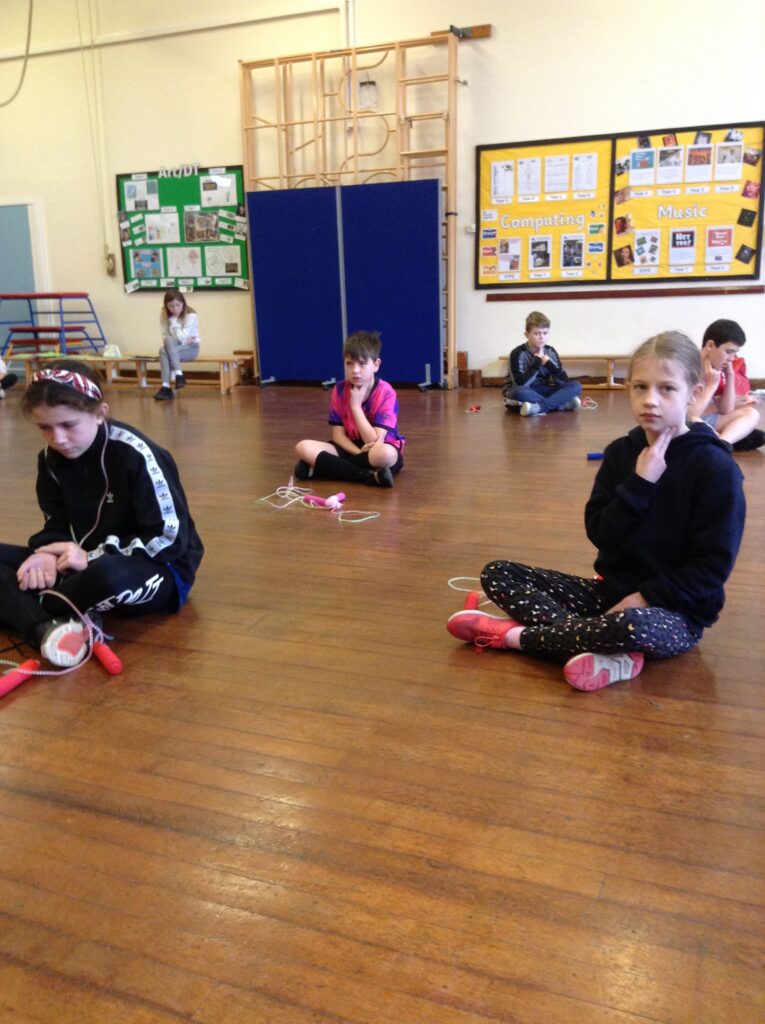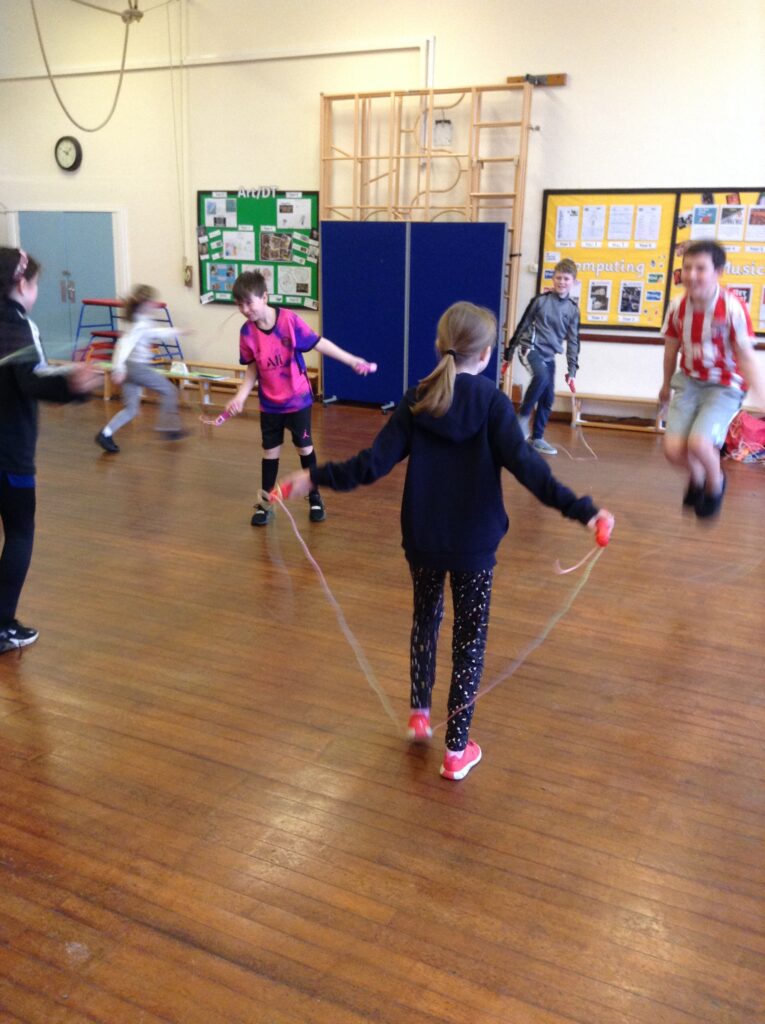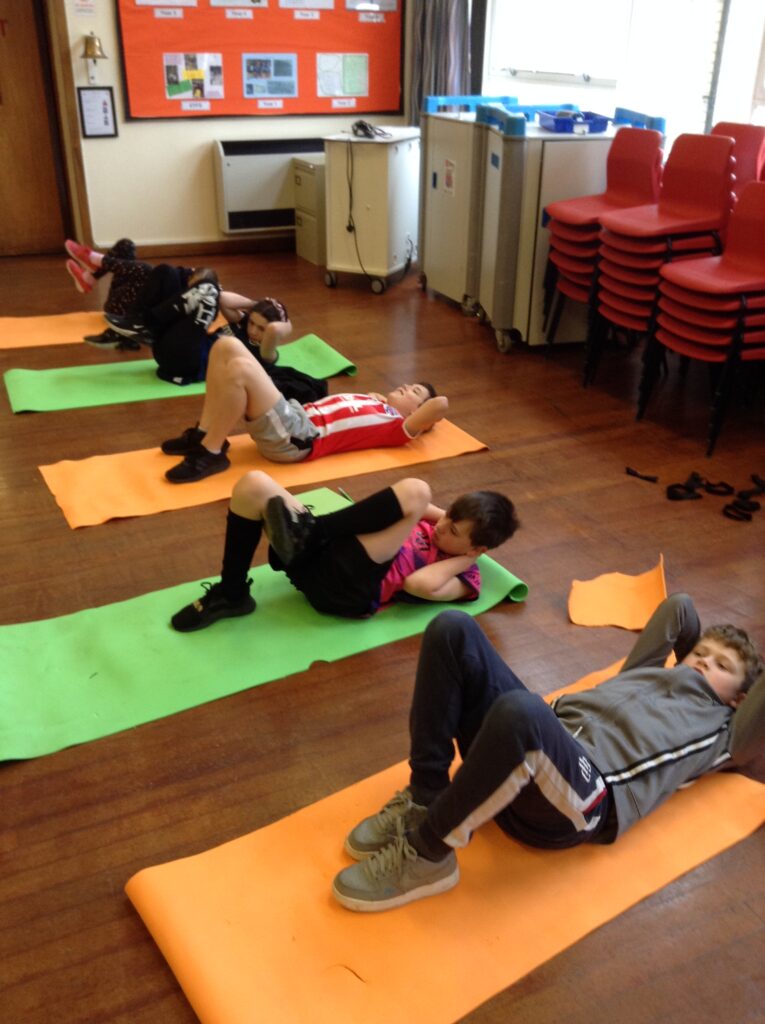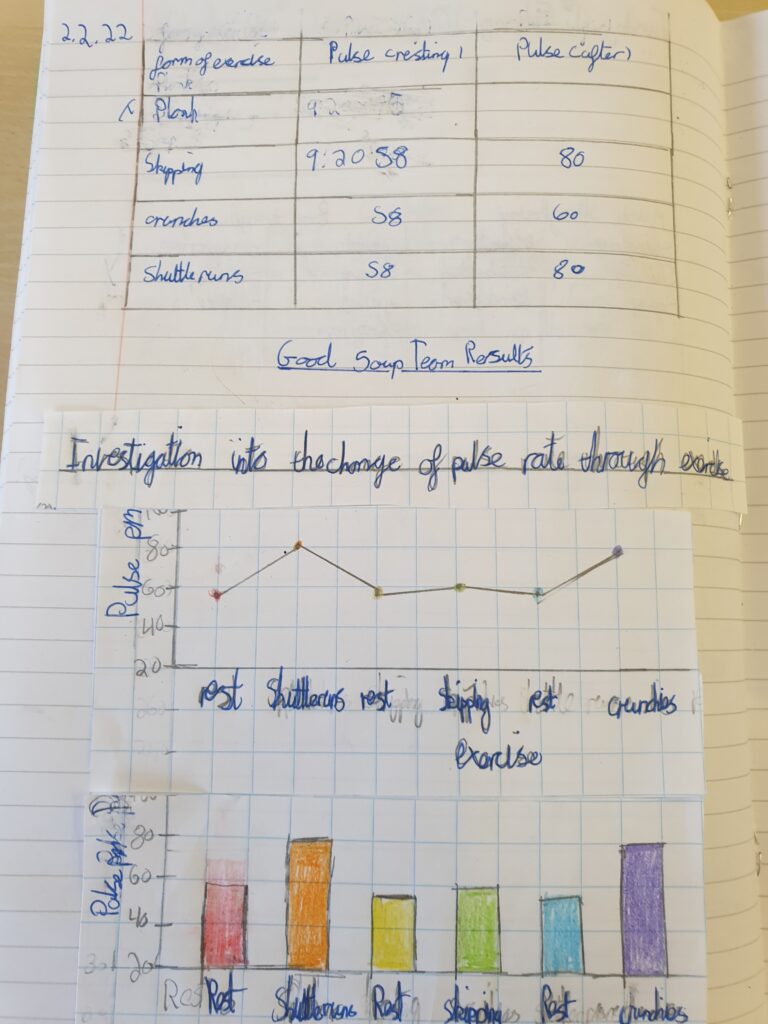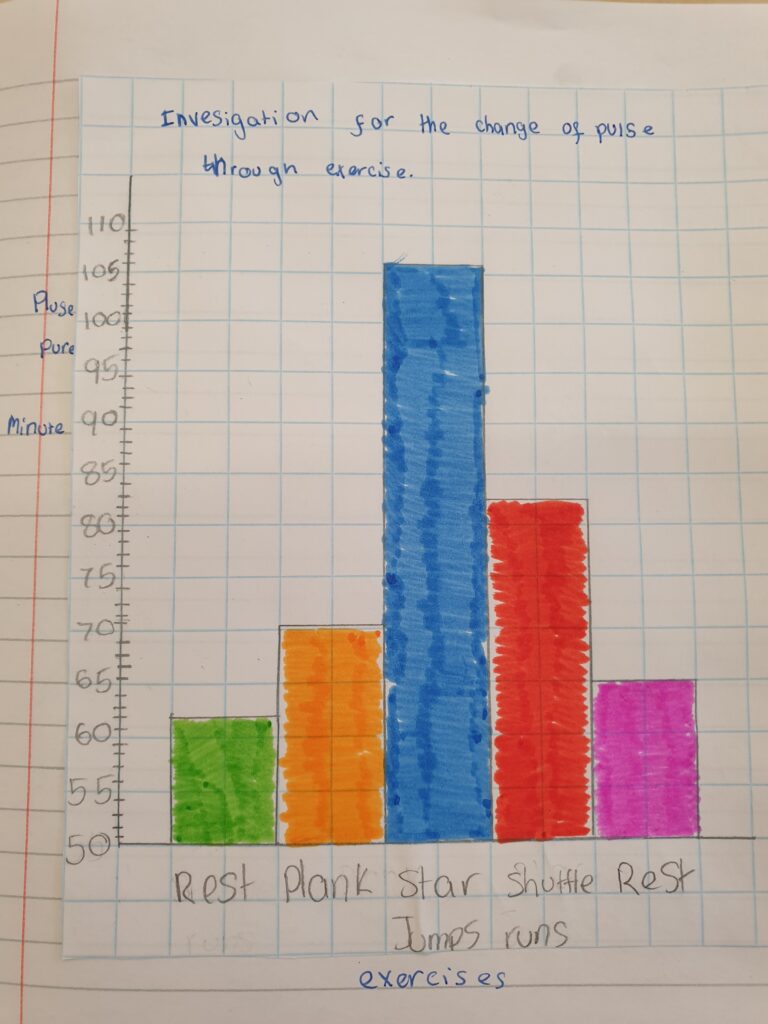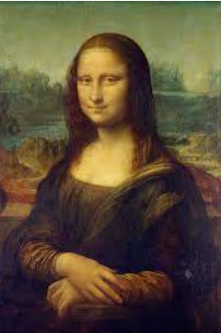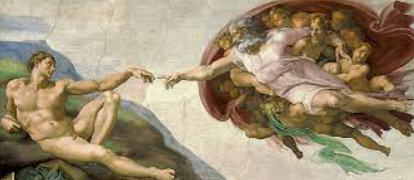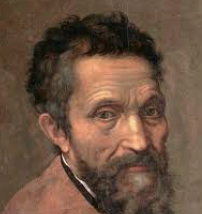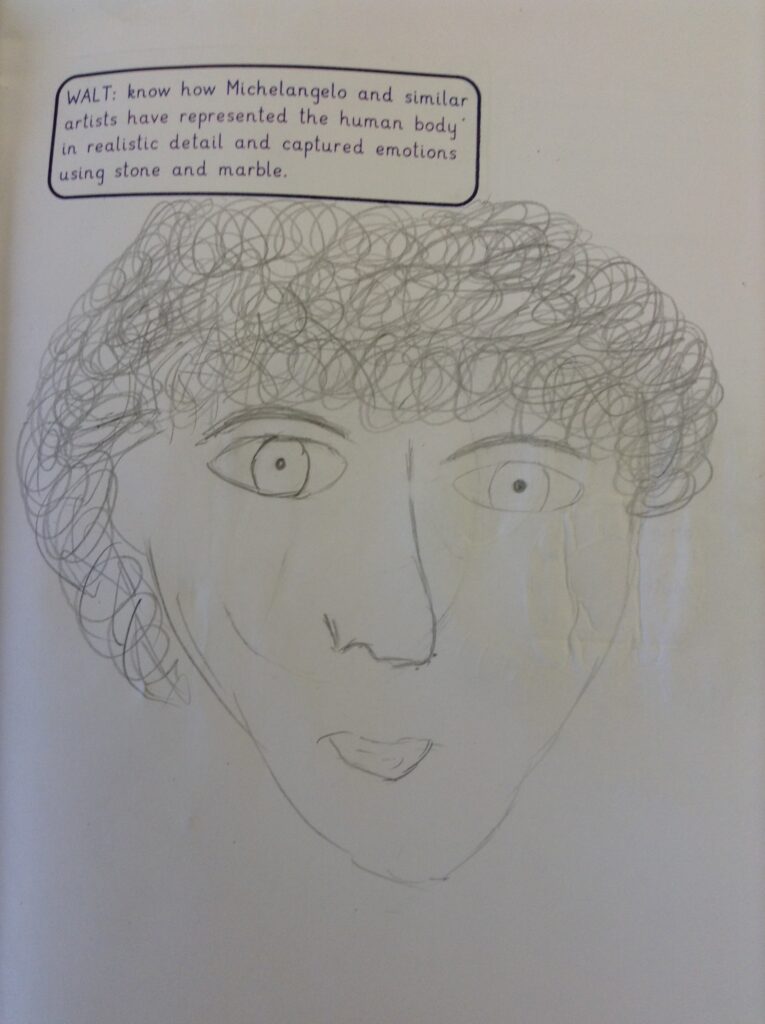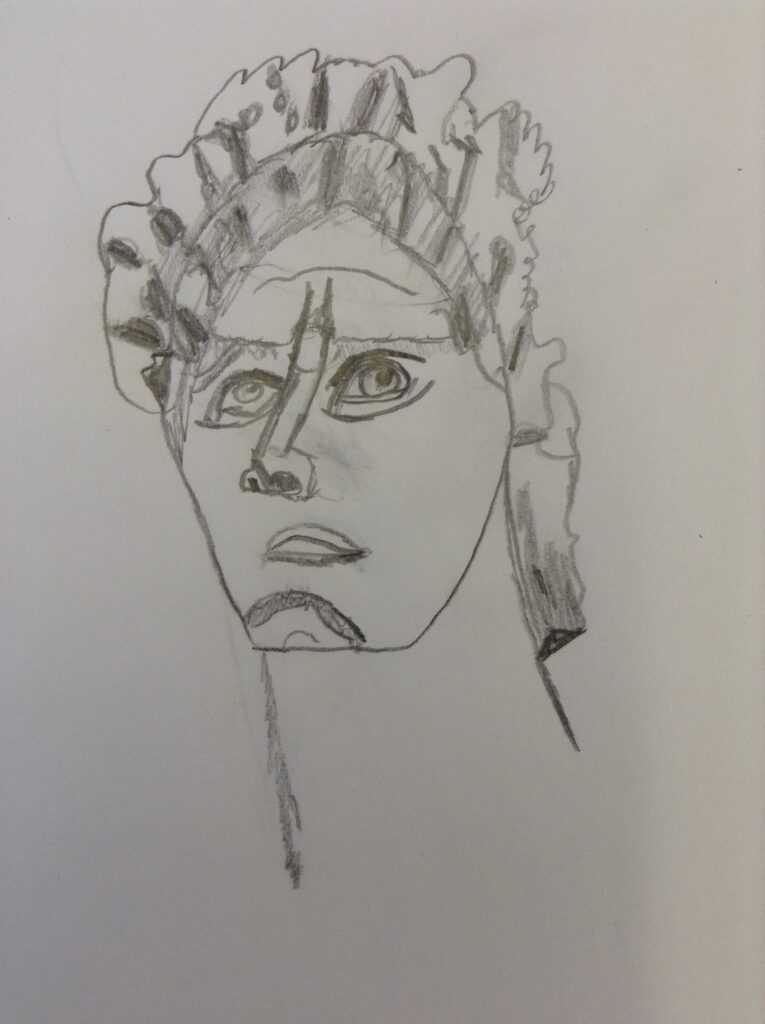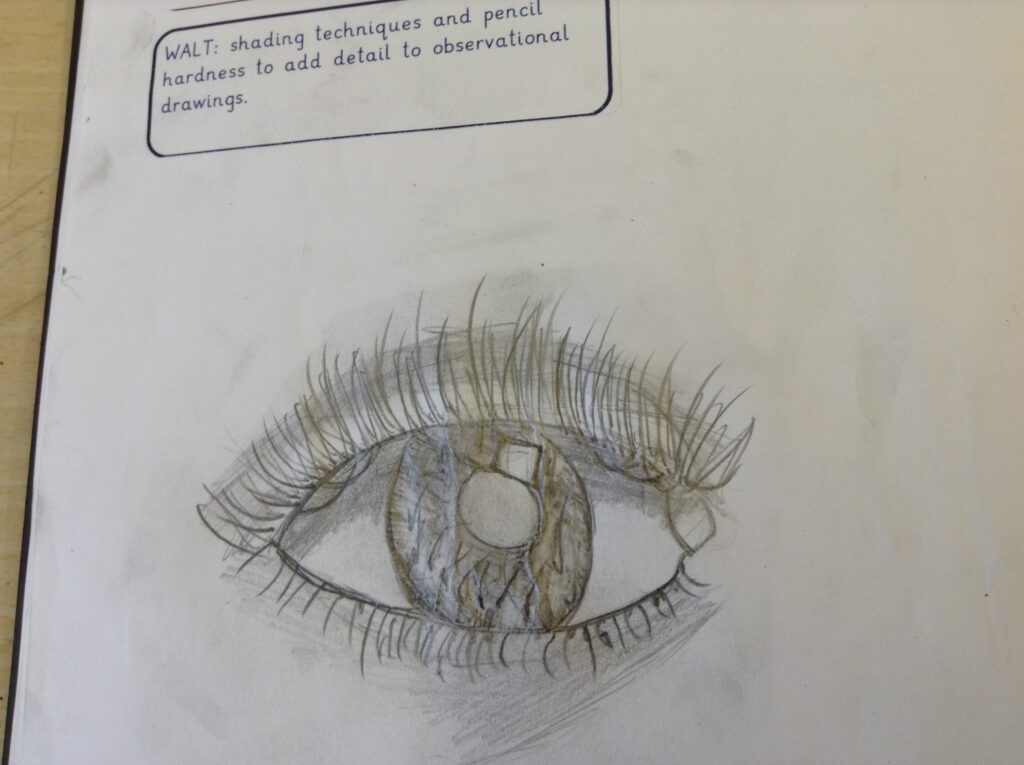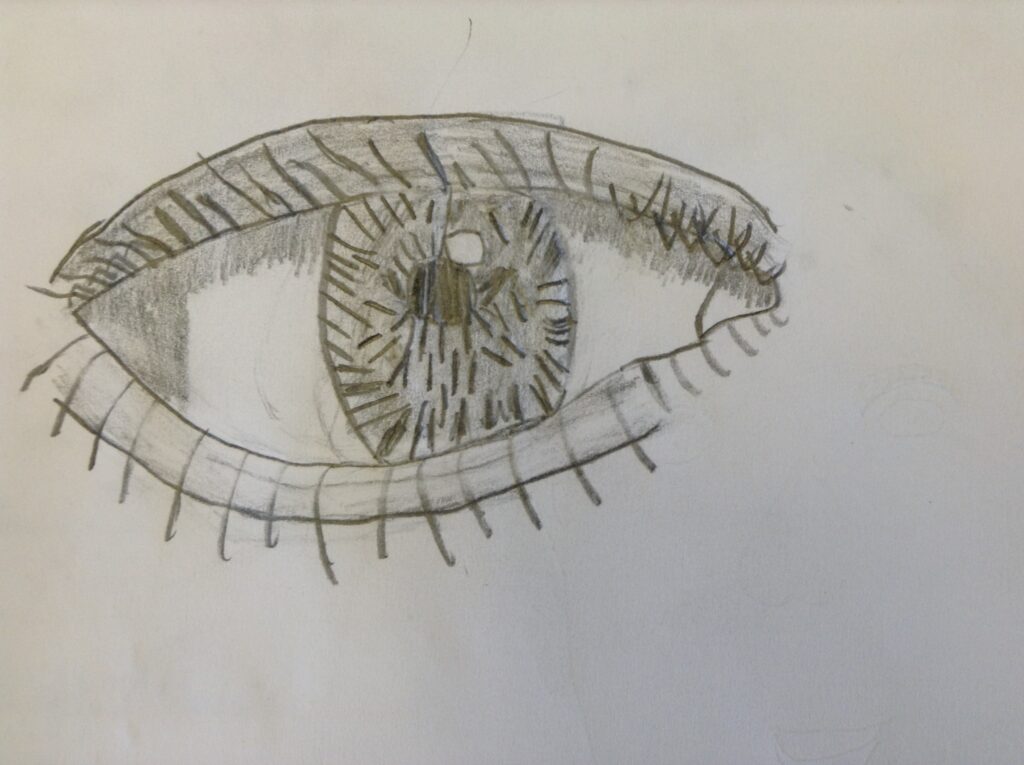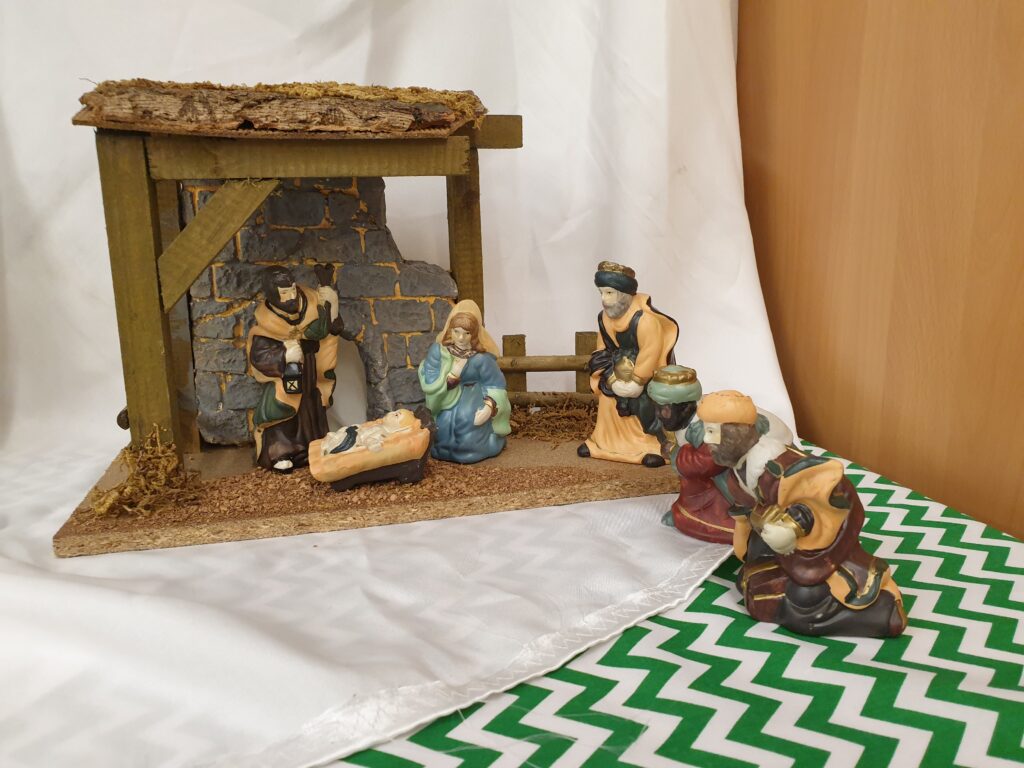The children in the Chaplaincy Team this week have been run off their feet! Not only did they have the Stations of the Cross to prepare and perform in but a RE art competition to judge and an Easter parade to organise!
The Stations of the Cross was a beautifully reflective liturgy where the music, singing and performance of each of the station helped the children, staff and parents remember the significance of what Jesus, God’s Son went through on our behalf.


Thankfully, the story of Jesus didn’t end with the events of Good Friday. Three days later He rose again which is why we celebrate Easter and His promise to us for New Life. We experienced the wonderment of new life this week, when we visited the chicks in the Nursery. With careful handling of such small creatures, Year 6 enjoyed the opportunity to see the the new chicks.


The RE artwork that came into school across the school was wonderful and demonstrated the time and effort the children put into this project.
Here are just a few examples, including the winning entry by Dylan O’Leary from our class.
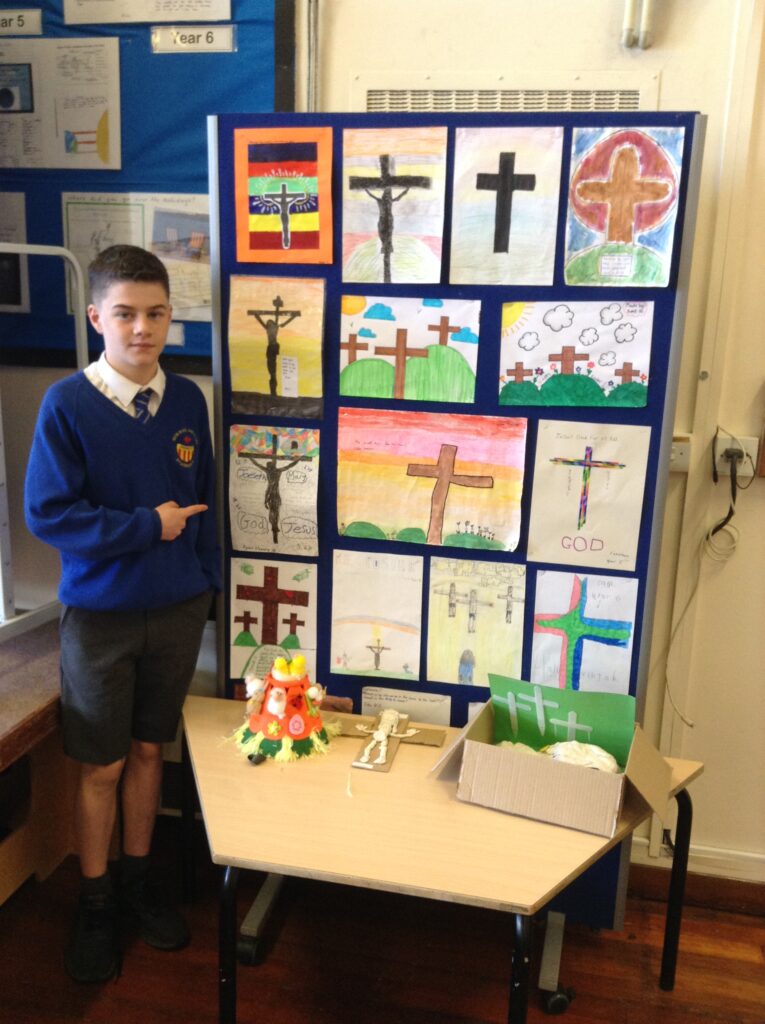
Finally, after weeks of doing maths, English and then more maths and English in preparation for our SATs, we got creative with our DT Project: Designing and Making Playground Structures. After researching some playground equipment the children would enjoy themselves, they then worked in partners to design a playground to the specific design brief:
- It had to be safe
- It had to be fun
- Have something to climb up
- Have something to hide in
Some children added a few other apparatus such as swings, which are of course fun to play on. The best thing about a project like this is to witness the children’s team spirit and creative energy.




As it is the end of term, I would like to thank the children and their parents for all their hard work with their homework, classwork, their willingness to help, their polite manners and their ‘I will give it a try’ attitude.
I wish you all a very Happy Easter and a well deserved break.

